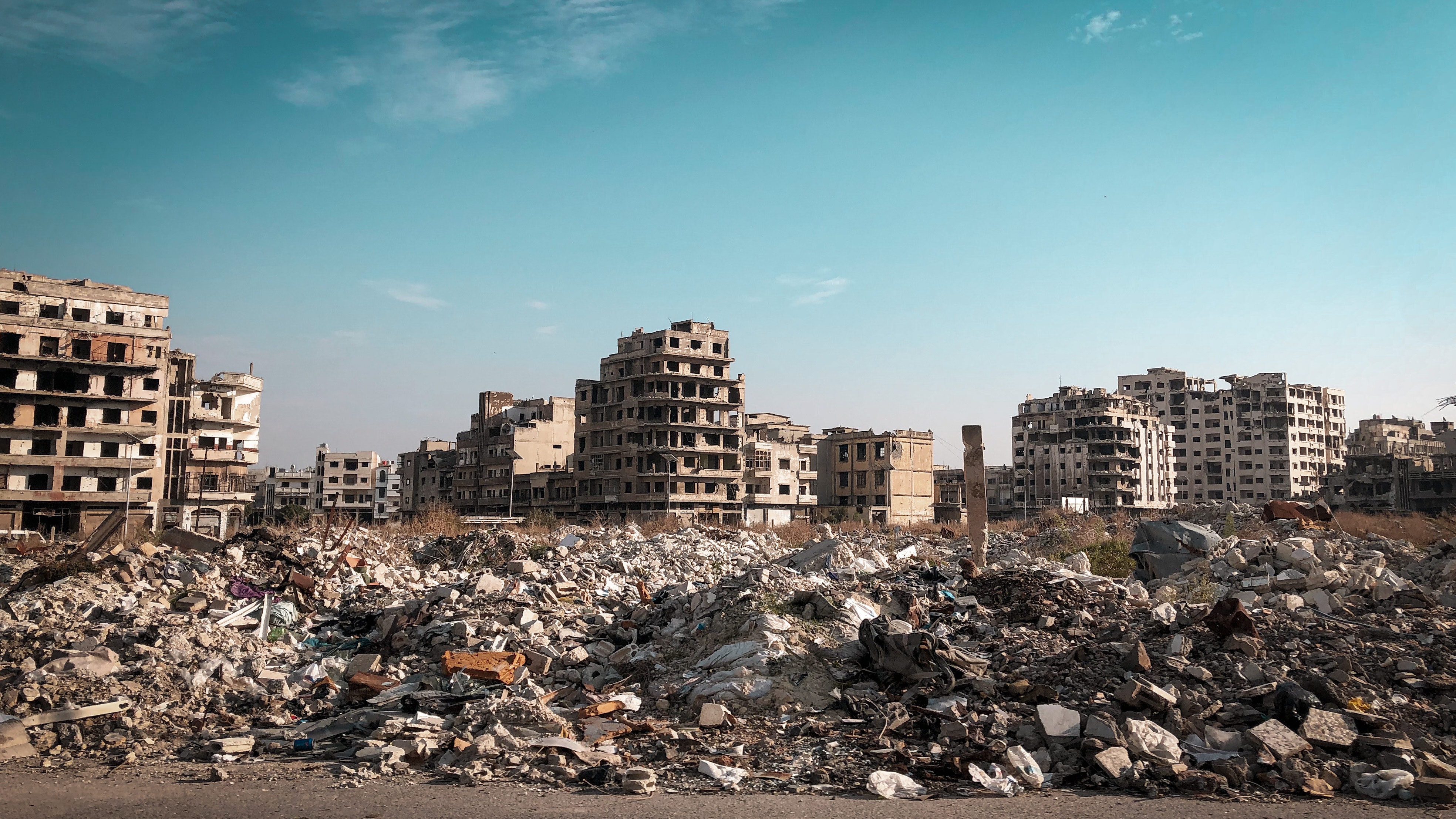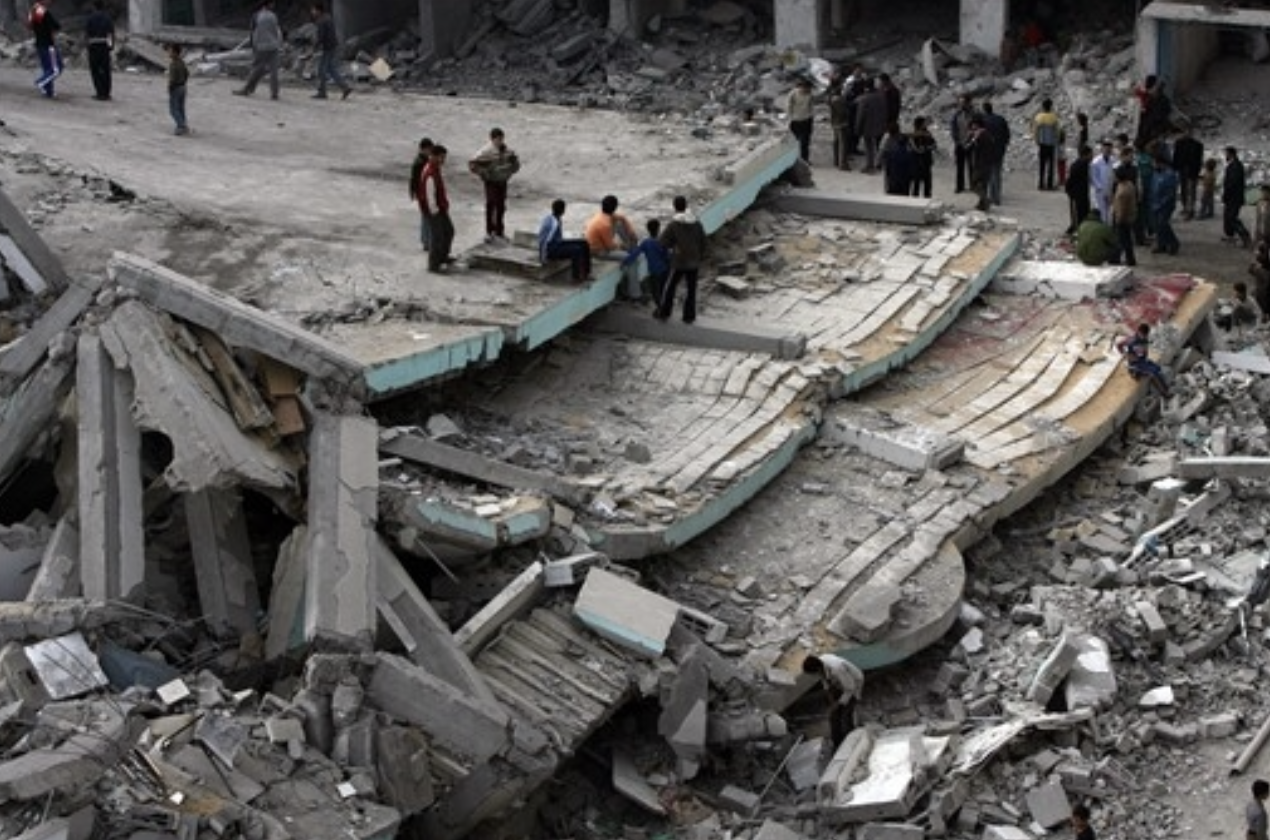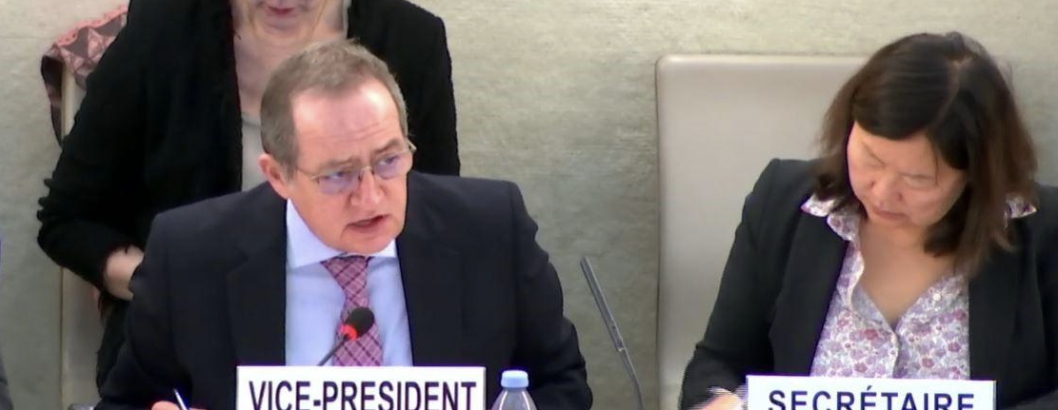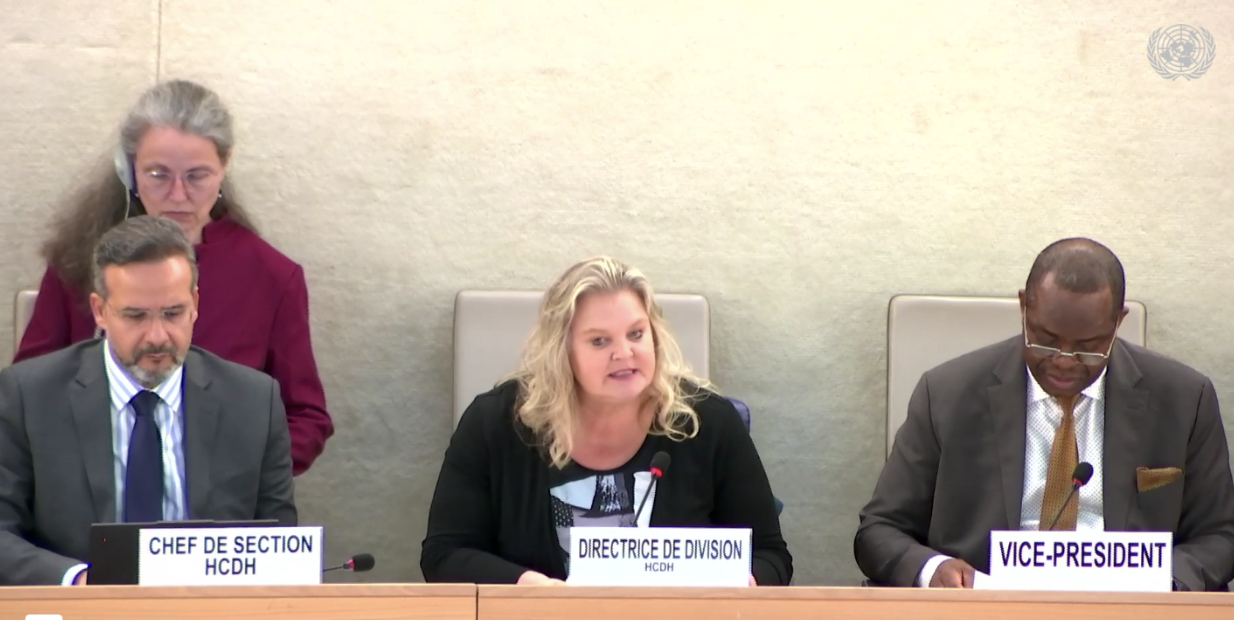
By / Sarah Tayara
On 28th March 2023, The UN High Commissioner for Human Rights, Volker Türk, addressed the UN General Assembly about the ongoing human rights tragedy in Syria. He highlighted the crisis of missing persons in Syria, which affects millions of people who have suffered death, injury, sexual violence, displacement, deprivation, and grief. Türk stated that families on every side of the conflict have been devastated, and they want to know what has happened to their loved ones. It is their right to know the truth, but it is impossible to establish with certainty how many people have been disappeared in Syria. The figure of 100,000 is often cited, but the real number may be far more.
Türk emphasized that searching for missing loved ones exposes families to risks of exploitation, physical threat, and extortion, which may lead to further violence on the community. Survivors who have been released after arbitrary and incommunicado detention in Syria have spoken about how deeply scarred they are by the experience. Torture, including sexual violence, is rampant, and death has been a constant neighbour.
The crisis of missing persons in Syria is crushing in its enormity, and decisive steps by the international community are needed to provide an effective path to clarify the fate and whereabouts of missing people and pursue the release of those who continue to be detained. Türk suggested establishing a new, dedicated entity with a mandate to clarify the fate and whereabouts of missing people and provide families and survivors with answers and adequate support. The new institution should work in cooperation and complementarity with existing actors, filling the gaps identified in the Secretary-General's report A/76/890 and providing a framework for them to continue and coordinate their work.
The guiding principles for the new institution include being centred on victims and survivors, emphasizing gender-sensitivity, being inclusive and operating without discrimination, and being guided by international human rights and humanitarian law. Türk emphasized the critical role of families and survivors in developing meaningful ways to address the harms that affect them. He concluded by stating that there will be no enduring peace in Syria without progress on these issues that are fundamental to families, communities, and society as a whole.
Geneva International Centre for Justice (GICJ) supports the establishment of a dedicated institution with a mandate to clarify the fate and whereabouts of missing people, and provide families and survivors with answers and adequate support. We call upon the General Assembly to commit to passing a resolution for establishing a functioning mechanism to locate the missing and work with victims of arbitrary detentions and their families in order to both support them. For over a decade, arbitrary detentions, enforced disappearances and unlawful arrests have been used as a tactic of war against civilians by all parties in the conflict, and particularly by the Syrian government. GICJ laments the pain and suffering felt by the victims themselves, as well as their families and loved ones which are kept in the dark about their whereabouts. Nothing short of clarity on the fate of the missing, reconciliation with their loved ones, and practical support to victims of detention and their families will suffice. We owe the people of Syria no less.












